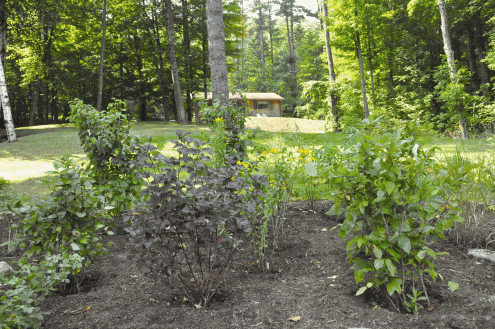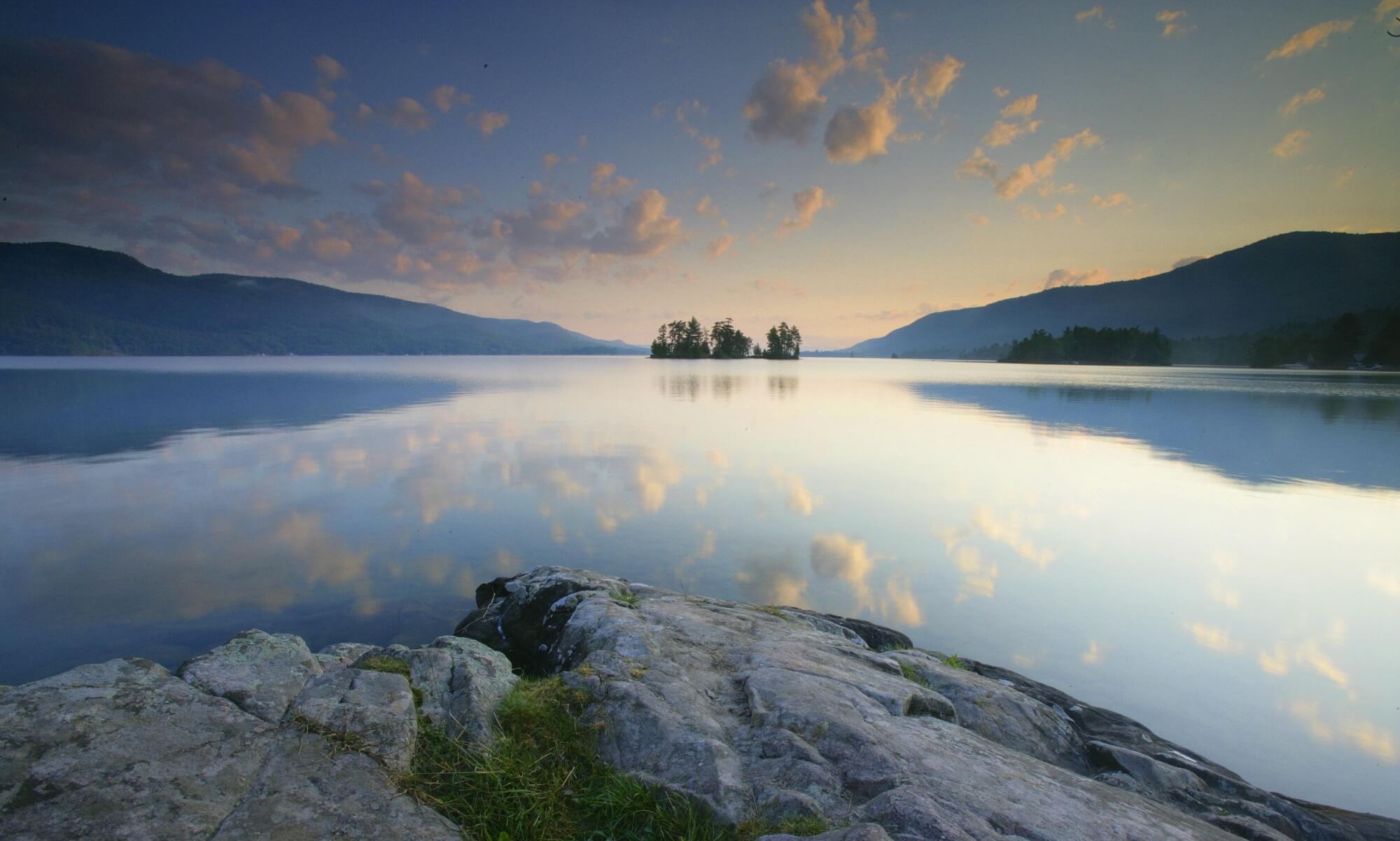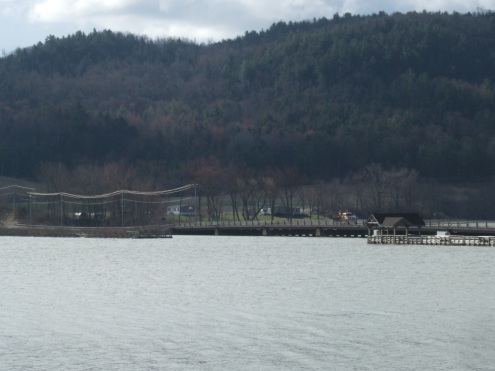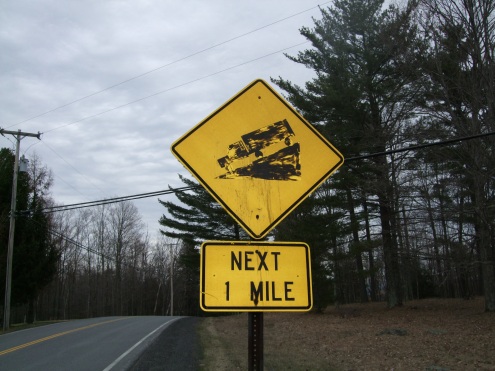
New laws in the village and town of Lake George make it illegal to apply fertilizer containing phosphorus. Replacing turf with native plants, like those pictured here, benefits not only waterways, but wildlife as well.
With spring here at last, and the snow all but gone, area residents are finally getting outside to start spring yard work. As they do so, the Lake George Association (LGA) is reminding property owners in the Lake George watershed about lake-friendly actions they can take this spring to protect the Lake’s water quality.
“Most importantly, people need to know that it is now illegal to apply phosphorus fertilizer in the village and town of Lake George, and we have more complete information on the new laws here at the LGA,” said Emily DeBolt, director of education. “We generally do not recommend fertilizing at all until the fall, and then, we urge people to use only phosphorus-free fertilizer, no matter where a property is located within the watershed,” she said.
During the spring, property owners can follow these lake-friendly steps to keep the Queen of American Lakes at her best:
1. Minimize paved or impervious surfaces and bare soil areas to keep stormwater runoff under control. Consider installing a rain barrel, permeable pavers, a rain garden or native plants.

Controlling stormwater runoff is a key practice for lake-friendly gardeners. One way to do so is to install a rain barrel like the one pictured above, available for purchase at a discounted price at the Lake George Association.
2. Rake or blow leaves, clippings, winter debris, salt and sand away from paved surfaces, storm sewers, streams and the Lake. Leaves and clippings are loaded with phosphorus. Keep metals, pesticides, pet waste, household cleansers, and automobile fluids from entering the Lake as well.
3. Schedule septic system maintenance, so all will be well when summer visitors arrive.
4. To prevent polluted runoff, do not apply pesticides near wells, driveways, sidewalks and other impervious surfaces, and do not apply pesticides when heavy rains are expected or if the ground is already
saturated or frozen. Always follow the label and only use pesticides to treat an identified problem if absolutely needed. Many times there are other things you can do to avoid the use of these harsh chemicals all-together.
5. Minimize areas of lawn by planting more native plants, which provide benefits for water quality and wildlife. For areas of lawn you wish to keep, take the necessary steps to keep it dense and healthy. A healthy lawn will reduce surface runoff and will filter and purify water before it enters the soil and groundwater. Follow these tips from Dr. Frank Rossi of Cornell Cooperative Extension:
Avoid fertilizing if your lawn looks good, or if you fertilized last fall. Excess fertilizer in the early spring promotes top growth at the expense of root growth.
Weigh how much time, energy and money you want to spend on lawn care with what the lawn’s function will be. A plot of green lawn so the kids can play ball makes sense. Large expanses of turf that exist only to be mowed, probably not.
Grow the right type of grass. (Tall fescues and fine-leaf fescues, not Kentucky blue grass. Tall fescues have deep roots, tolerate shade and tolerate high foot traffic.)
Do not apply fertilizer before Labor Day. Nitrogen is all that grass needs to achieve dense vegetation. (Potassium can lead to an abundance of dandelions.) New recommended concentration levels are lower than before: 3/10 – 5/10 lbs per 1000 square feet. (NOT what the fertilizer bag says.)
Leave legumes, like white clover, in your lawn to add nitrogen, naturally.
For more information about how to create lake-friendly landscapes, or to receive on-site technical support, the public can contact the LGA at 518-668-3558. A Lake-friendly Living Open House, free to the public, will be held at the LGA on Saturday, June 4, 2011 from 10 am – 2 pm. In addition, the LGA’s new website has extensive information on the topic. Visit www.lakegeorgeassociation.org and search on “lake-friendly living.”







